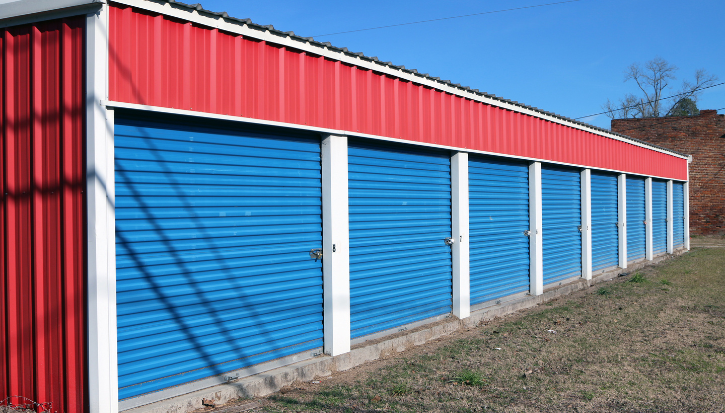.png)
Running storage facilities in Australia is a rewarding but challenging business. From providing individuals with extra space for personal belongings to catering to commercial clients with bulk storage needs, these facilities are a vital part of modern life. However, with opportunities come risks. Theft, natural disasters, accidents, and unexpected damages can quickly turn into costly problems if not handled properly. That’s why choosing the right insurance is not just a smart decision, it's an essential step in protecting your investment, your customers, and the future of your business.
In this guide, we’ll explore why insurance is so important for storage facilities, the types of policies available, and the key factors you should consider before choosing a provider. By the end, you’ll be better equipped to make an informed decision that safeguards your facility and keeps your business running smoothly.
Owning or managing storage facilities comes with a range of risks that cannot be ignored. A single storm, fire, or break-in could cause damage worth thousands of dollars, leaving you struggling to recover. Insurance acts as a protective shield, covering you against unforeseen events and giving you peace of mind.
For example, imagine a severe storm damaging the roof of your storage warehouse. Without proper insurance, you’d be responsible for repairing the structure, replacing damaged items, and covering income lost during downtime. Similarly, if a customer slips and injures themselves on your premises, you could face costly legal claims. Insurance ensures that these unexpected incidents don’t cripple your business financially.
Selecting the right insurance for storage facilities involves more than just picking the cheapest option. You need to carefully assess your business and its unique risks.
By carefully evaluating these factors, you’ll be able to choose insurance that truly matches your business’s needs instead of relying on a one-size-fits-all approach.

When you secure the right insurance for your storage facilities, the benefits extend far beyond financial protection.
Ultimately, the right insurance strengthens your brand, improves customer trust, and ensures your facility thrives despite uncertainties.
Finding the right insurance provider can feel overwhelming, but following these tips makes the process smoother:
Taking the time to research your options ensures you choose a provider that values your business and offers dependable support.
Operating storage facilities in Australia is a responsibility that comes with both opportunities and risks. Insurance is not just a box to tick, it's a strategic investment that protects your property, your customers, and your livelihood. From natural disasters to liability claims, the right coverage ensures your business remains resilient and trustworthy.
By understanding the available policies, evaluating your risks, and working with the right provider, you create a safety net that allows your facility to grow with confidence. Remember, your storage facility is more than just a collection of units, it's a valuable service people rely on to protect what matters most. Safeguard it today with the right insurance, and secure the future of your business for years to come.
For tailored guidance and resources on protecting your business, explore SSIA.
